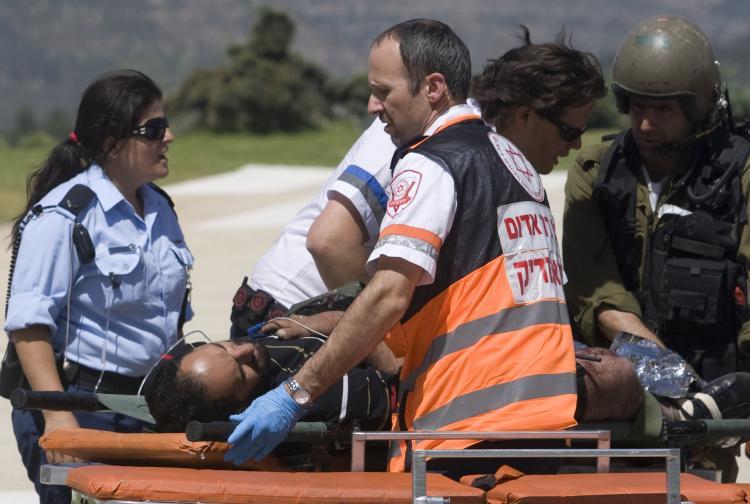Australian Foreign Minister Penny Wong intends to push for an international declaration on protecting humanitarian workers when she meets with counterparts and aid agencies on the sidelines of a United Nations summit in New York.
The move was spurred by pleas from the family of Australian Zomi Frankcom, who was among seven workers killed in drone strikes carried out by the Israeli Defense Force in Gaza on April 1 this year.





